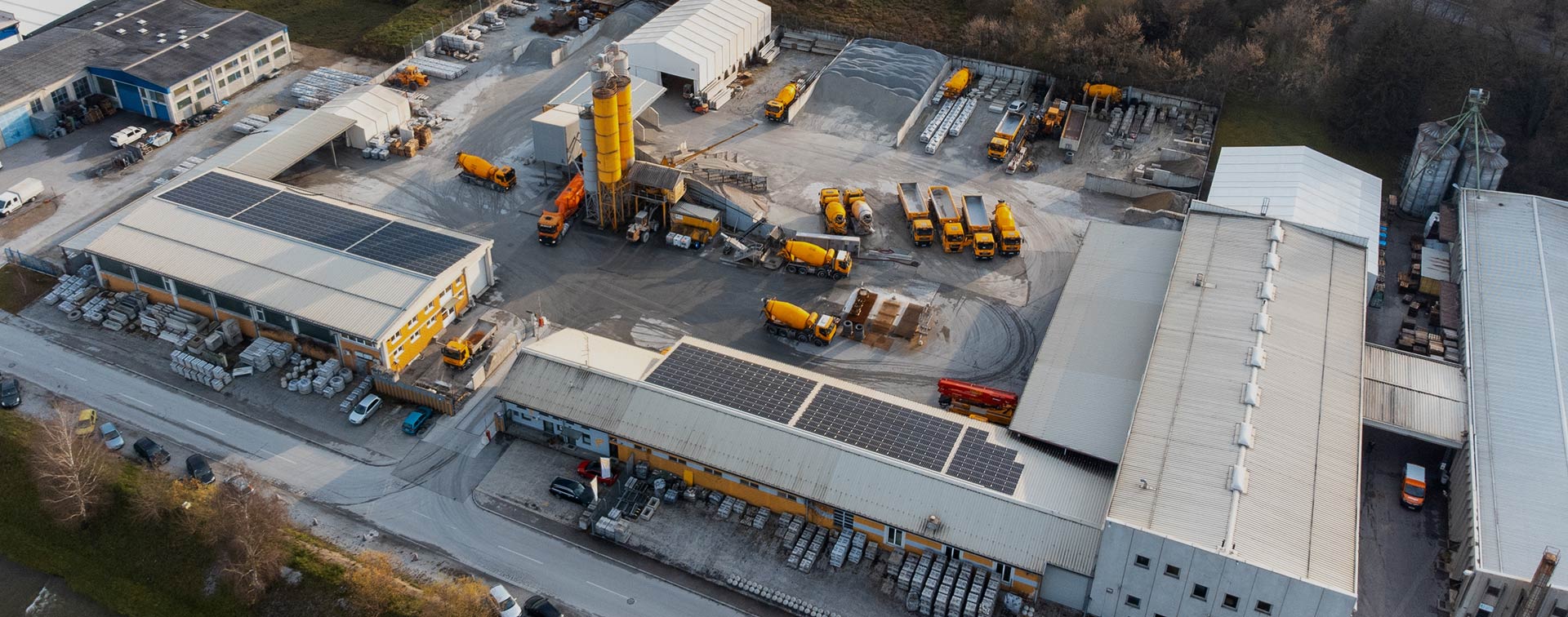Your business has built a reputation for getting the job done, equipment that lasts, and a team that knows its way around vehicles. Long-standing customers trust your artistry, and so do the fleets that rely on it.
Now ask yourself this: What’s it worth?
Knowing what it’s worth means knowing what’s driving the value. The trust in your customer relationships. The depth of your pipeline. The reliability of your systems. The strength of your margins. These are the things a buyer would look at, and they’re the same things that make your business easier to run, day to day.
Some business owners want the freedom to step away. Others just want to know they could, and be proud of what they’d hand over. Either way, these are three steps we’ve seen build real value in component businesses working in the heavy vehicles industry:
1. The sell-ready mindset starts with structure.
A business ready for sale is often just better run. That means being able to step back without the place falling over. Key questions are simple, but the answers aren’t always clear:
- If you were out for a month, who’d keep production flowing?
- If someone wanted to buy you, how quickly could you show them your top 20 SKUs, profit by customer, or cost per line?
- If an investor called tomorrow, would you know your margin on every product line and how it’s trending?
Systems aren’t just for efficiency. They’re your proof. If everything’s in your head or spreadsheets, you haven’t built a business. You’ve built a job. And no one buys a job.
Business value grows from structural clarity.
VIP EARLY-ACCESS
M&A System Readiness: A Workbook for Business Owners
Be first to receive a free copy, built from real customer insights and packed with checklists to get you deal-ready.
First release: Limited copies sent to early registrants only.
First 10 get free M&A system readiness assessment.

2. What adds value? What drags it down?
Buyers and smart operators look for a few key signs of value:
- Clean books and inventory: Knowing what’s in stock, what’s slow-moving, and what needs to be written off.
- Traceability and compliance: Every bolt or bracket should meet standards. Every warranty claim should be logged and managed. Vehicle components must meet strict compliance standards. Australian Design Rules (ADRs), ISO certifications, and safety specs are all required to stay in the game.
- Segmented revenue: Can you break down sales by mining, transport, construction? It shows diversity and stability.
- Digital readiness: Are you still paper-based or running proper enterprise systems? Can you track margins by product line in real-time?
- Customer continuity: Long-term contracts and clear ownership of relationships matter. If all your business goes with you when you go, it’s worth a lot less.
A quick way to test your readiness? Ask a trusted advisor to do a “phantom due diligence”, walk through your business like a buyer. You’ll learn fast where the cracks are.
3. Growth without starting from scratch.
Across the sector, more businesses are choosing to grow by acquiring proven capability instead of building it from scratch. It’s a faster path to margin, market access, and control of the supply chain, especially when the right technical fit and customer base already exist.
We’ve seen what well-handled transitions can look like. Two of our customers —Genesis Equipment and Kerfab— proudly count the integration of long-standing family businesses as milestones in their own growth stories.
In the sector, growth comes faster through acquisition; proven capability beats building from scratch.
Cornish Lubrication Services, a name trusted in workshop fitouts for over 30 years, didn’t fade away or get swallowed whole. When Genesis Equipment —one of Australia’s leading suppliers of heavy lifts, tyre stations, and workshop gear— looked to expand their service offering, they saw the value in Cornish’s legacy and brought it into the group. Andrew Cornish stayed on to lead the business and continued serving long-time clients. Cornish gained scale and support. Genesis gained the ability to offer full workshop fitouts all under one roof.
Rhino Buckets & Attachments had a similar story. Based in Western Australia and known for their rugged, locally-made excavator buckets, they’d earned a reputation in harsh conditions. When Kerfab, national manufacturers of industrial vehicle attachments, acquired the business, Rhino didn’t disappear. Their product line grew stronger. They moved into a larger facility in Canning Vale, gained support from Kerfab’s engineering and fabrication team, and expanded their distribution across the country. Rhino buckets are still built tough, now with national reach and a faster path to market.
In both cases, the acquired businesses didn’t lose their identity; they gained backing, scale, and room to grow. That’s what good deals look like in this space: legacy protected, teams respected, and capabilities expanded.
For family businesses, this shift can feel like a threat. But it’s also an opportunity. If your house is in order, you might be the one commanding top dollar if you decide to sell. Some are using this moment to secure legacy. Others are using it to unlock capital and build wealth while staying involved on their terms.
If you do sell, have a plan.
Exits don’t have to be full stops. Some owners sell 70% and stay on as advisors or board members. Others walk away entirely, but leave behind something that keeps running.
Whichever way, planning matters:
- Staff: Who do you need to keep? What incentives are in place?
- Customers: Do they know? Will they stay?
- Warranties, stock, and service: Who handles what post-sale?
- Culture: Is the buyer aligned? Do your people know the “why”?
In the industrial equipment sector, the assets are physical: machines, stock, IP; but the real value is in relationships. That’s what needs to be protected, documented, and handed over well.
Exits succeed when plans protect value and continuity.
You don’t have to want out. But it’s a powerful thing to know you could, and to know exactly what your business is worth.
And remember, a business that’s built to sell is easier to run, easier to scale, and worth more every day you keep it.


